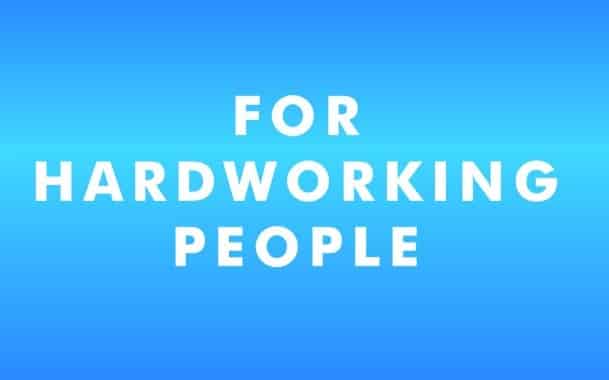After a frantic morning packing, sneaking Buster off to his annual conference long sleep over with friends and then escaping before he noticed I was gone, the drive to Manchester #cpc13 started later than planned. Car parked and apartment not ready, I rushed in my scruffy gear to the ConHome event on “How To Win The Next Election’ chaired by Paul Goodman and addressed by Tim Montgomerie and Lord Ashcroft. Is there any other event or goal more important for a Conservative activist?
 There I met Andrew Kennedy, famed agent for Tonbridge and Malling, who was also skulking at the back of the hall and who suggested “a drink”. A drink with an Agent – what could possibly go wrong? N.B. It was Andrew’s idea – not mine!
There I met Andrew Kennedy, famed agent for Tonbridge and Malling, who was also skulking at the back of the hall and who suggested “a drink”. A drink with an Agent – what could possibly go wrong? N.B. It was Andrew’s idea – not mine!
Andrew is funny, caustic, fiercely independent and stubbornly principled about transparency in local democracy and has been working for the party twice as long as I have. We swapped un-repeateable war-stories in the large, comfortable chairs of the Midland Hotel that held us tight while the G & T’s flowed. And flowed. And flowed.
Andrew is the agent in charge of the Tonbridge and Malling selection process and, respecting each other’s rules of anonymity and discretion, we discussed candidate behaviour, candidate CVs, the use (or not) of quotes in CVs, courting of associations, ways to do things and some rank examples of how NOT to do things.
Candidate CVs
Andrew wrote yesterday about his feelings on the use of quotes in candidate CVs – which I largely agree with and which I consider required reading for any candidate. Parliamentary candidates started using quotes in 2005 and it became common in 2010. Andrew told me that roughly 30% of the CV’s he received for Tonbridge and Malling had quotes and the problem is the quotes are too often bland and meaningless. He says too many are clones, thoughtless and don’t perform the “make the CV stand out” function they were originally designed to do.
My clients, many of whom applied to Andrew’s constituency, often ask me about whether to use quotes or not in the candidate CVs. My advice is always that less is more and that any quotes used should be tangible, patently bespoke to the candidate, specific in its detail and credibly reinforce what the candidate is trying to evidence/claim.
Andrew hilariously told the story of a copy-all email he had sent to a number of activists that was quoted back in a candidate’s CV using Andrew’s quote as a quote to tempt the Tonbridge and Malling selectorate and, er, Andrew. Seriously? How dumb can you be?
Here is how he described it:
My thank you letter included the following line,
“Sarah’s majority of 750 was down in no small part to a army of willing volunteers, who put personal interests aside to campaign where it really mattered most. I am grateful for your hard work and support, and for helping deliver an outstanding victory in a seat Labour really needed to win.”
This generic, if accurate, statement has re-appeared on one applicants CV as follows:
Thank you for putting your personal interests aside to help us defeat Labour.”
A day later, I am still shaking my head.
How NOT to act when a candidate
Andrew had some startling stories about how a few candidates had over-cooked the “courting” of association members and officers – some to the extent that they may have self-spiked their chances of even getting invited to interview. My advice to all candidates is to first call the Agent or the Association Chairman. They are The People in this process. Respect them for their titles, but above all, treat them like people.
It is totally OK and acceptable to ask the Association Chair or the Agent about the process and to ask if there is a policy on contacting officers and members and asking for a meeting with the Chairman and Agent. If they say no and you are unsure what they mean – look up the word in a dictionary. If you don’t “get” hints maybe your empathy levels are not good enough to be an MP.
Candidates should be aware that if the Agent or Chair gave every candidate half an hour – it would become a full time job and they couldn’t do the hundred other things they are paid to do. Andrew published an info sheet to help candidates – but incredibly had some candidates pitching up at his office unannounced to “have a meeting” with him. Is it really necessary to remind people that courtesy, manners and politeness and not being pushy or presumptuous should be your default positions?

